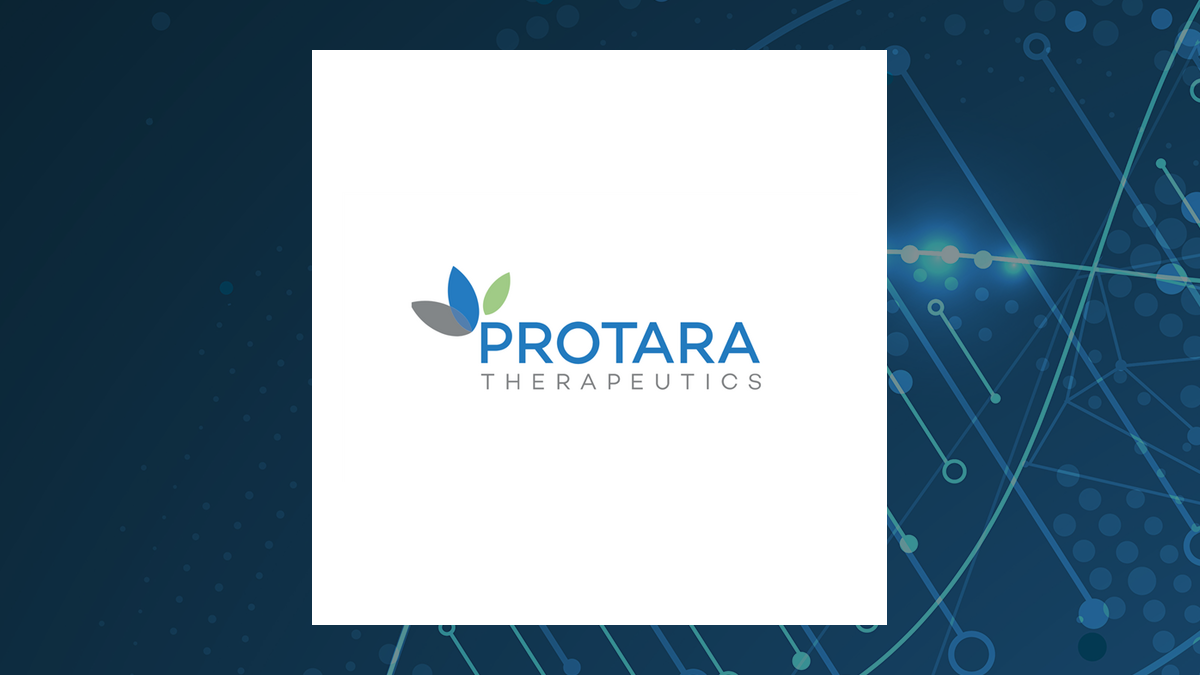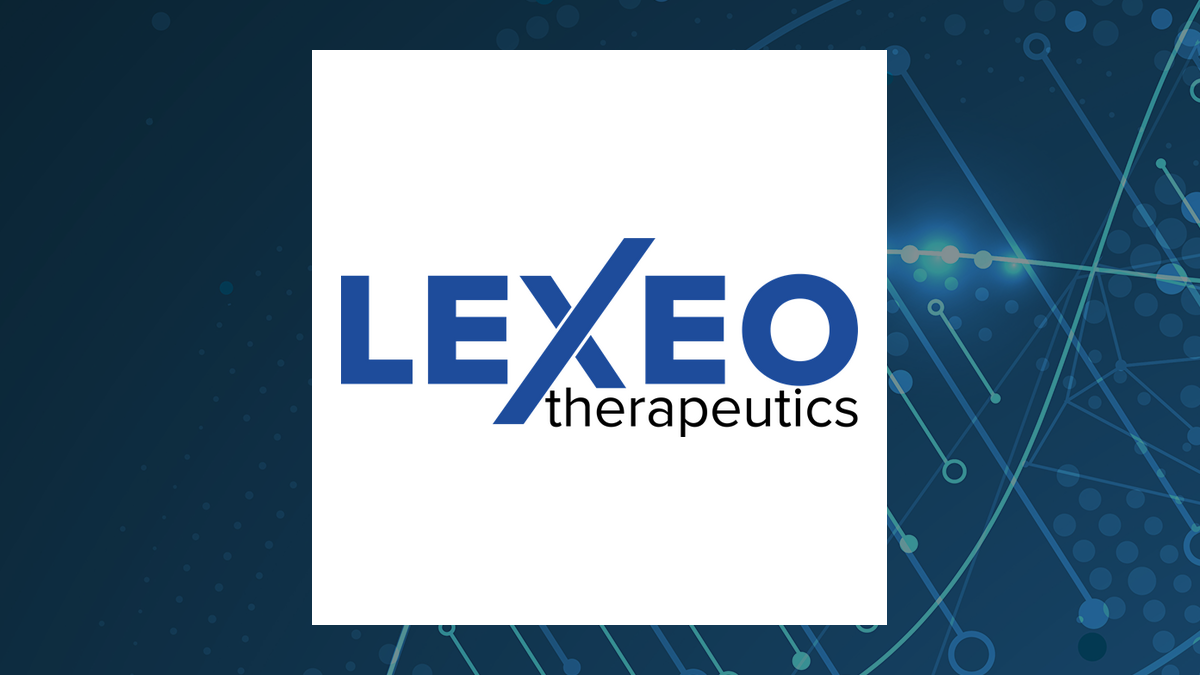Protara Therapeutics (NASDAQ:TARA – Get Free Report) and Lexeo Therapeutics (NASDAQ:LXEO – Get Free Report) are both small-cap medical companies, but which is the better stock? We will contrast the two businesses based on the strength of their risk, analyst recommendations, profitability, institutional ownership, earnings, valuation and dividends.
Risk and Volatility
Protara Therapeutics has a beta of 1.6, suggesting that its stock price is 60% more volatile than the S&P 500. Comparatively, Lexeo Therapeutics has a beta of 1.52, suggesting that its stock price is 52% more volatile than the S&P 500.
Insider and Institutional Ownership
38.1% of Protara Therapeutics shares are owned by institutional investors. Comparatively, 60.7% of Lexeo Therapeutics shares are owned by institutional investors. 12.5% of Protara Therapeutics shares are owned by insiders. Comparatively, 4.5% of Lexeo Therapeutics shares are owned by insiders. Strong institutional ownership is an indication that hedge funds, endowments and large money managers believe a company will outperform the market over the long term.
Profitability
| Net Margins | Return on Equity | Return on Assets | |
| Protara Therapeutics | N/A | -55.96% | -49.06% |
| Lexeo Therapeutics | N/A | -57.66% | -48.18% |
Earnings and Valuation
This table compares Protara Therapeutics and Lexeo Therapeutics”s top-line revenue, earnings per share and valuation.
| Gross Revenue | Price/Sales Ratio | Net Income | Earnings Per Share | Price/Earnings Ratio | |
| Protara Therapeutics | N/A | N/A | -$40.42 million | ($2.40) | -1.60 |
| Lexeo Therapeutics | $650,000.00 | 163.94 | -$66.39 million | ($3.08) | -1.04 |
Protara Therapeutics has higher earnings, but lower revenue than Lexeo Therapeutics. Protara Therapeutics is trading at a lower price-to-earnings ratio than Lexeo Therapeutics, indicating that it is currently the more affordable of the two stocks.
Analyst Recommendations
This is a summary of current ratings and recommmendations for Protara Therapeutics and Lexeo Therapeutics, as provided by MarketBeat.
| Sell Ratings | Hold Ratings | Buy Ratings | Strong Buy Ratings | Rating Score | |
| Protara Therapeutics | 0 | 0 | 6 | 0 | 3.00 |
| Lexeo Therapeutics | 0 | 0 | 5 | 1 | 3.17 |
Protara Therapeutics presently has a consensus target price of $20.40, suggesting a potential upside of 429.87%. Lexeo Therapeutics has a consensus target price of $22.20, suggesting a potential upside of 591.59%. Given Lexeo Therapeutics’ stronger consensus rating and higher possible upside, analysts clearly believe Lexeo Therapeutics is more favorable than Protara Therapeutics.
Summary
Lexeo Therapeutics beats Protara Therapeutics on 7 of the 13 factors compared between the two stocks.
About Protara Therapeutics
 Protara Therapeutics, Inc., a clinical-stage biopharmaceutical company, engages in advancing transformative therapies for the treatment of cancer and rare diseases. The company's lead program is TARA-002, an investigational cell therapy, which is in Phase II clinical trial for the treatment of non-muscle invasive bladder cancer and lymphatic malformations. It is also developing intravenous choline chloride, an investigational phospholipid substrate replacement therapy that is in Phase II clinical trial for patients receiving parenteral nutrition. The company is headquartered in New York, New York.
Protara Therapeutics, Inc., a clinical-stage biopharmaceutical company, engages in advancing transformative therapies for the treatment of cancer and rare diseases. The company's lead program is TARA-002, an investigational cell therapy, which is in Phase II clinical trial for the treatment of non-muscle invasive bladder cancer and lymphatic malformations. It is also developing intravenous choline chloride, an investigational phospholipid substrate replacement therapy that is in Phase II clinical trial for patients receiving parenteral nutrition. The company is headquartered in New York, New York.
About Lexeo Therapeutics
 Lexeo Therapeutics, Inc. operates as a clinical stage genetic medicine company that focuses on hereditary and acquired diseases. The company develops LX2006, which is an AAVrh10-based gene therapy candidate for the treatment of Friedreich's ataxia (FA) cardiomyopathy; LX2020, an AAVrh10-based gene therapy candidate for the treatment of plakophilin-2 arrhythmogenic cardiomyopathy; LX2021, a gene therapy candidate for the treatment of DSP cardiomyopathy associated with it; and LX2022, a gene therapy candidate for the treatment of hypertrophic cardiomyopathy, or HCM caused by TNNI3 gene. It also develops LX1001, an AAVrh10-based gene therapy candidate for the treatment of APOE4 homozygous; LX1020, a gene therapy candidate for the treatment of APOE4 homozygous; LX1021 for the treatment of APOE4 homozygotes; and LX1004 for the treatment of CLN2 Batten disease. The company was incorporated in 2017 and is based in New York, New York.
Lexeo Therapeutics, Inc. operates as a clinical stage genetic medicine company that focuses on hereditary and acquired diseases. The company develops LX2006, which is an AAVrh10-based gene therapy candidate for the treatment of Friedreich's ataxia (FA) cardiomyopathy; LX2020, an AAVrh10-based gene therapy candidate for the treatment of plakophilin-2 arrhythmogenic cardiomyopathy; LX2021, a gene therapy candidate for the treatment of DSP cardiomyopathy associated with it; and LX2022, a gene therapy candidate for the treatment of hypertrophic cardiomyopathy, or HCM caused by TNNI3 gene. It also develops LX1001, an AAVrh10-based gene therapy candidate for the treatment of APOE4 homozygous; LX1020, a gene therapy candidate for the treatment of APOE4 homozygous; LX1021 for the treatment of APOE4 homozygotes; and LX1004 for the treatment of CLN2 Batten disease. The company was incorporated in 2017 and is based in New York, New York.
Receive News & Ratings for Protara Therapeutics Daily - Enter your email address below to receive a concise daily summary of the latest news and analysts' ratings for Protara Therapeutics and related companies with MarketBeat.com's FREE daily email newsletter.
